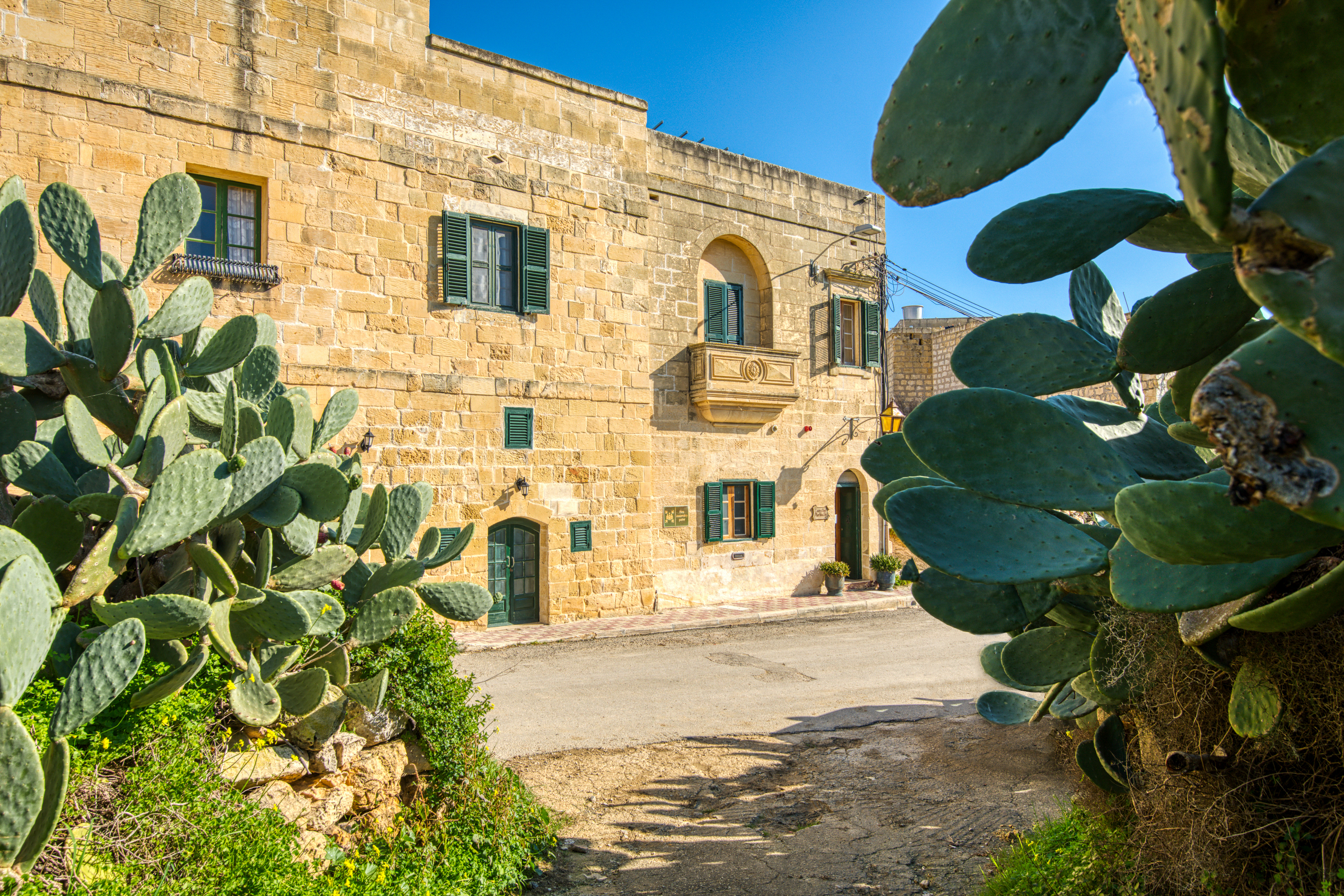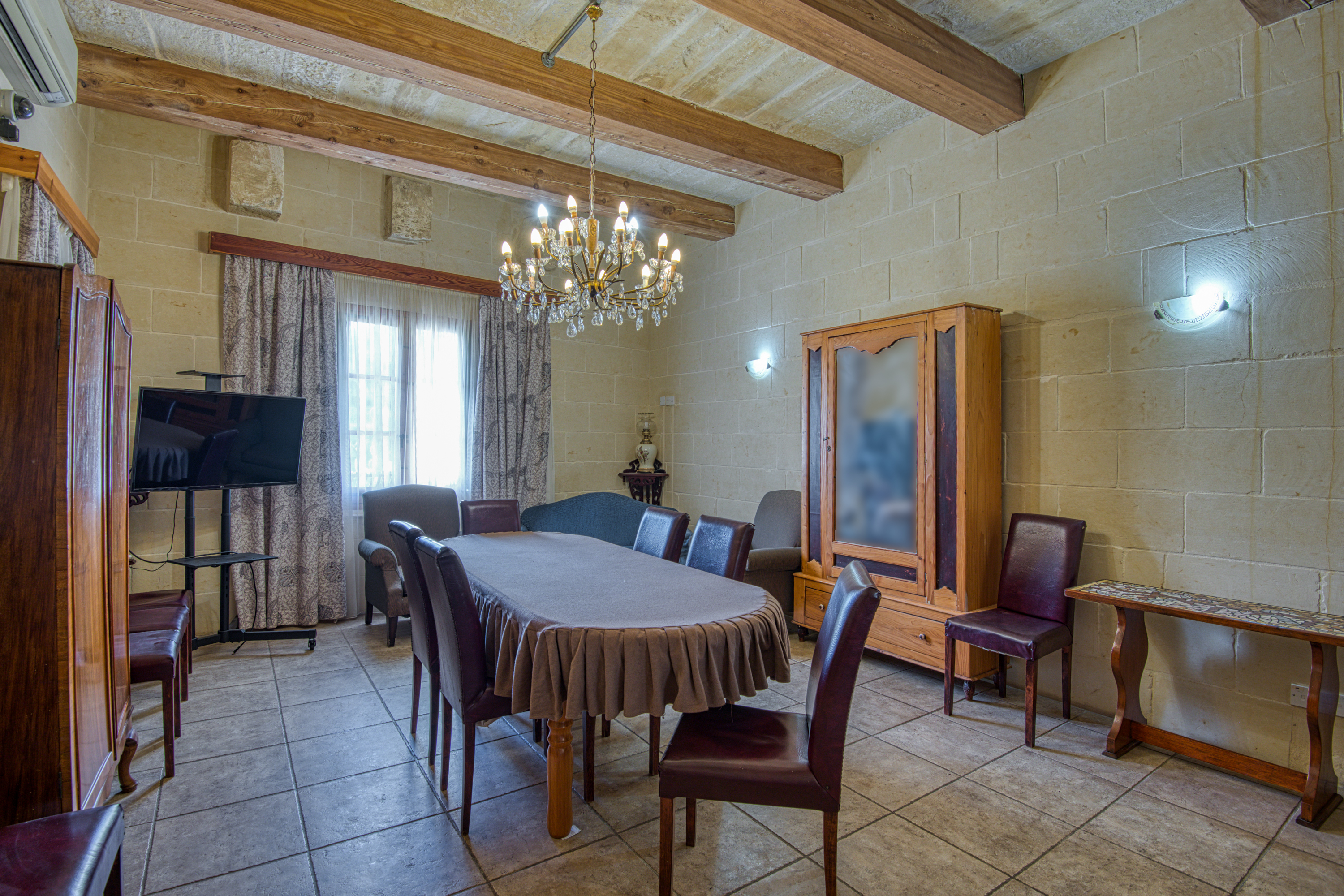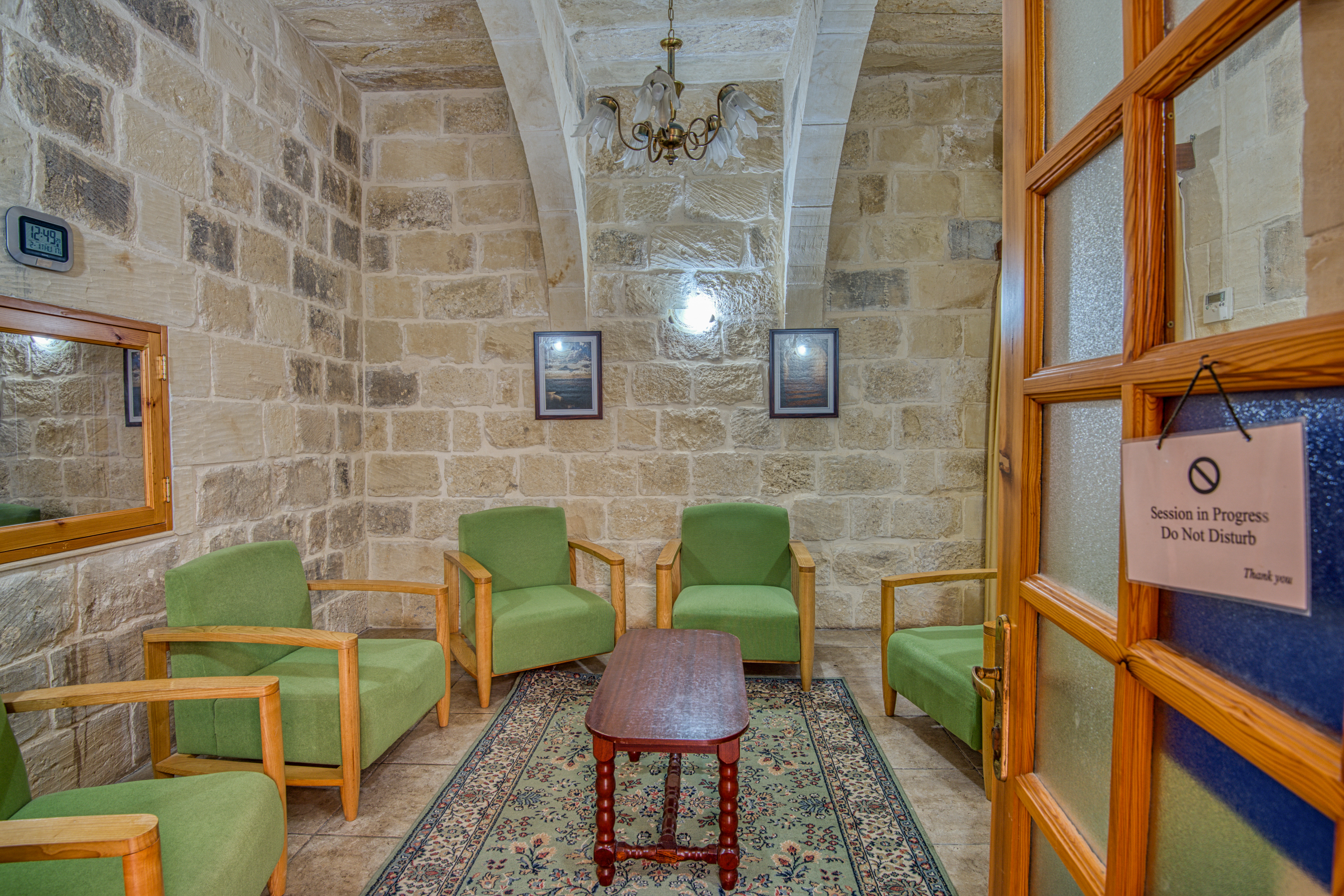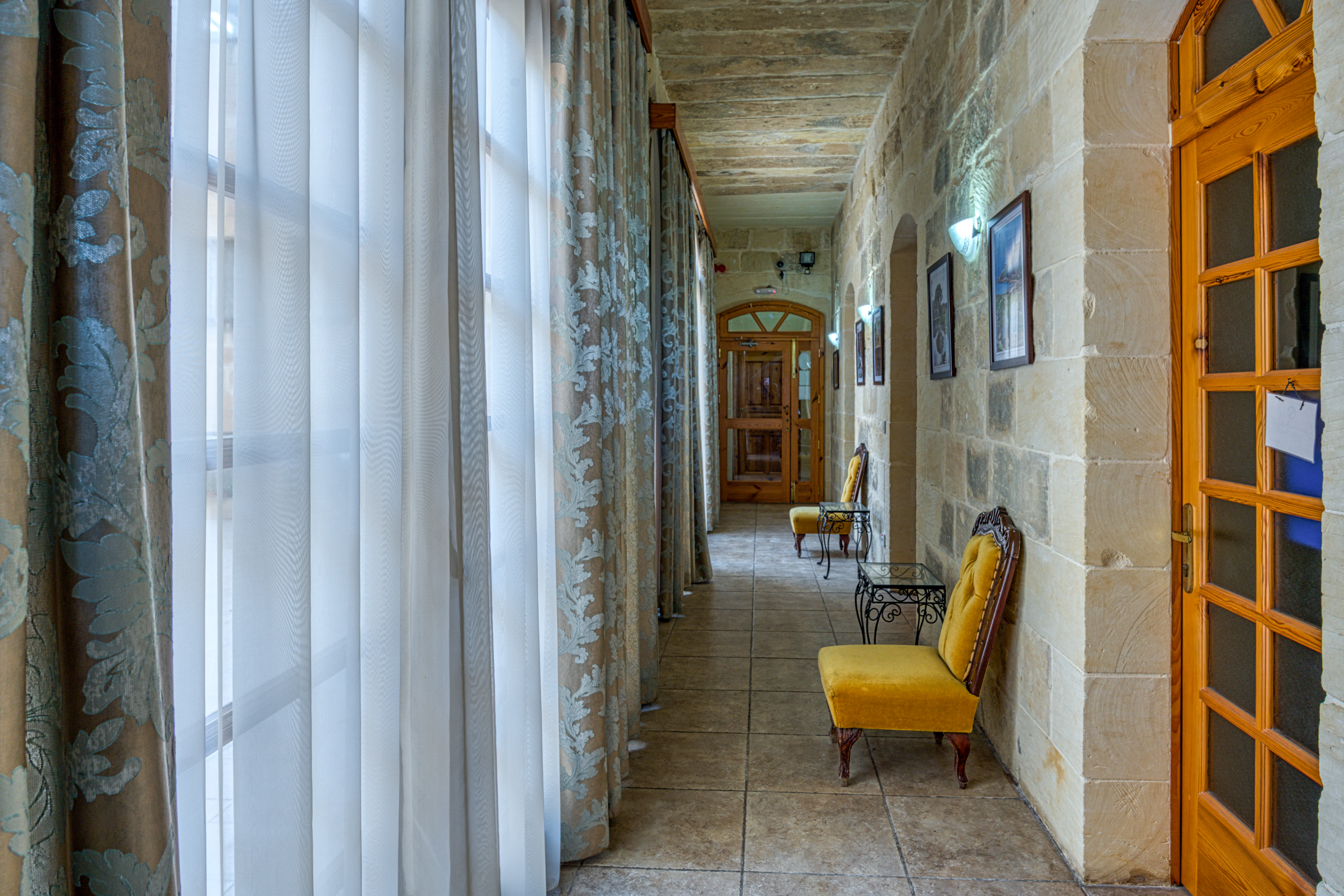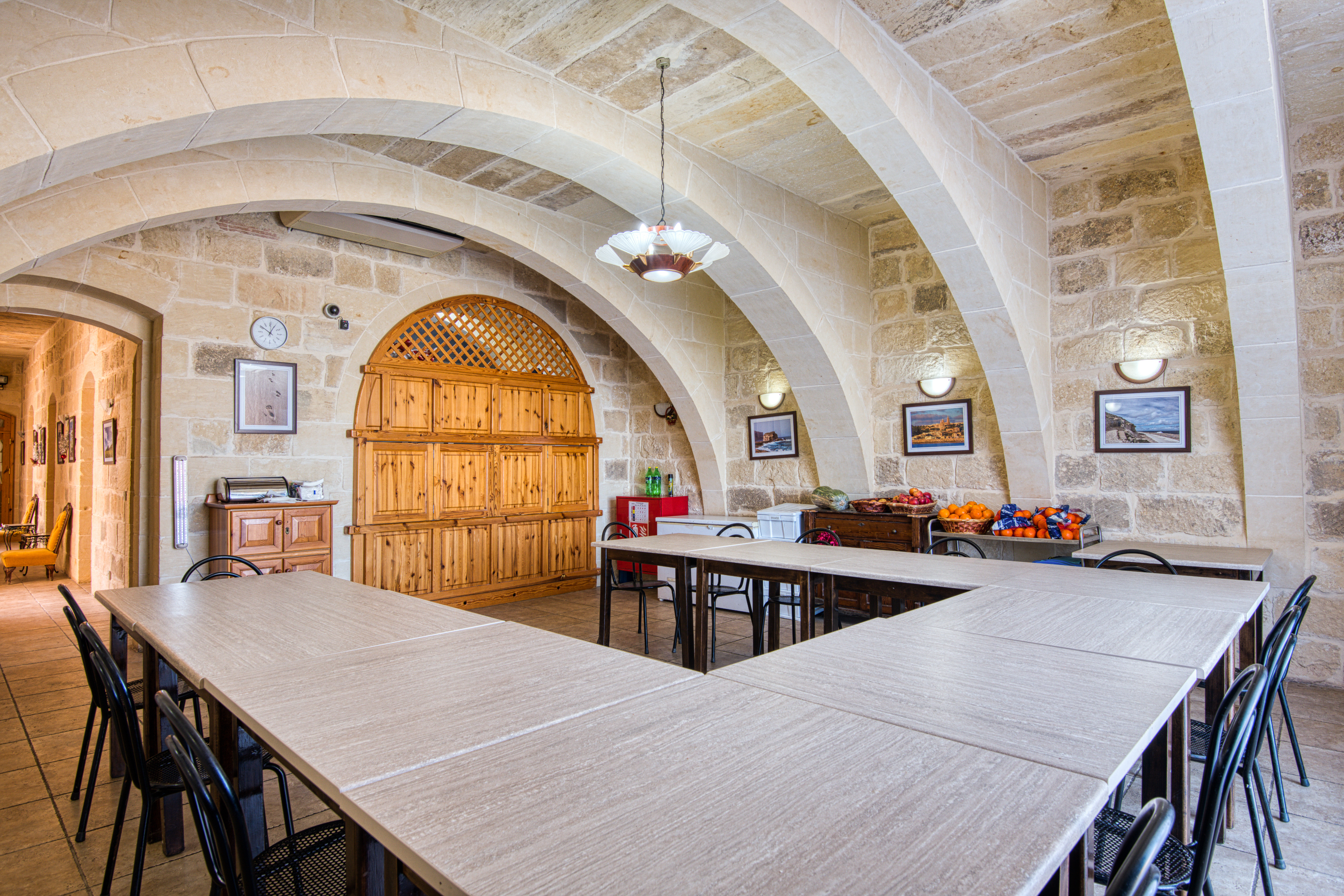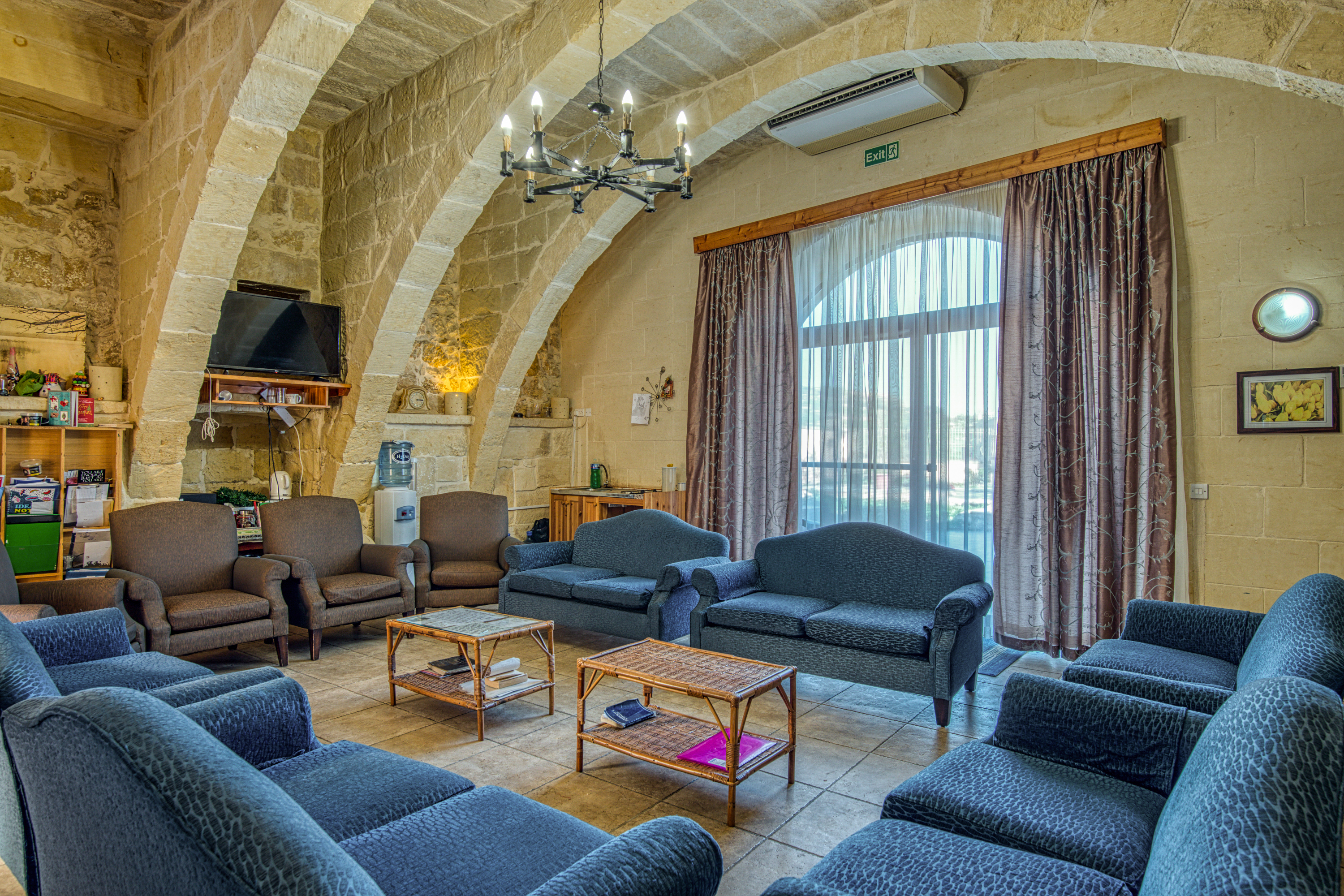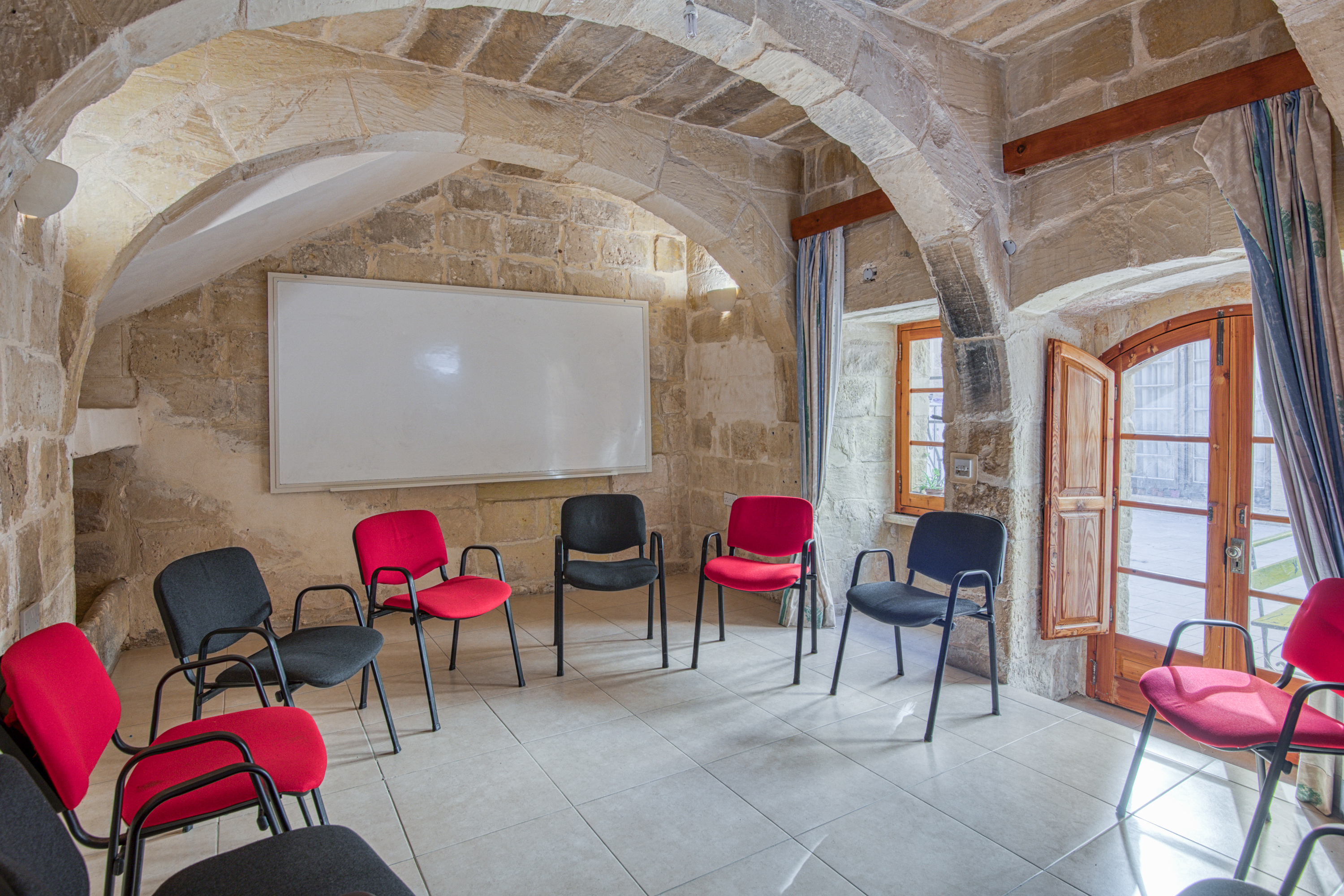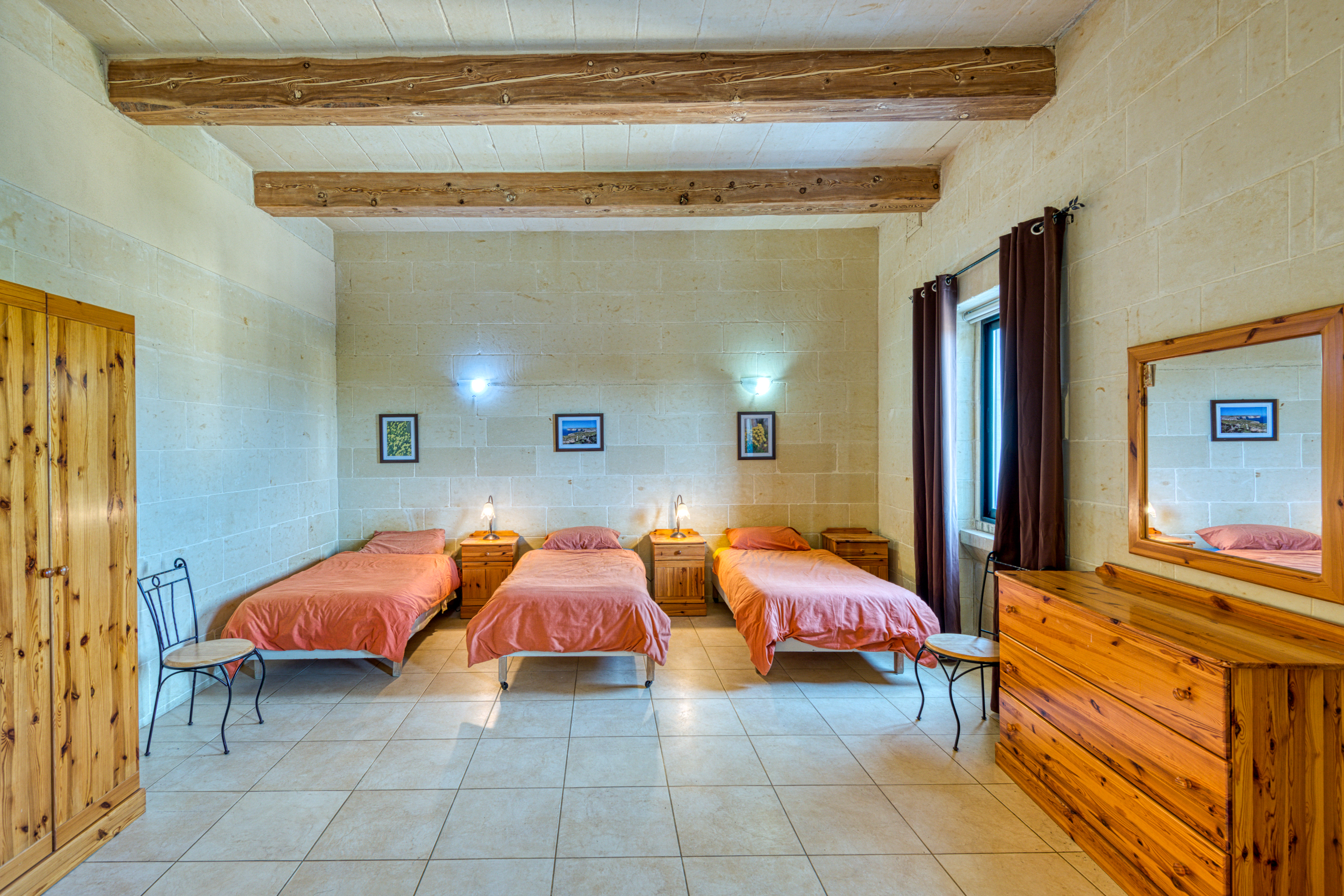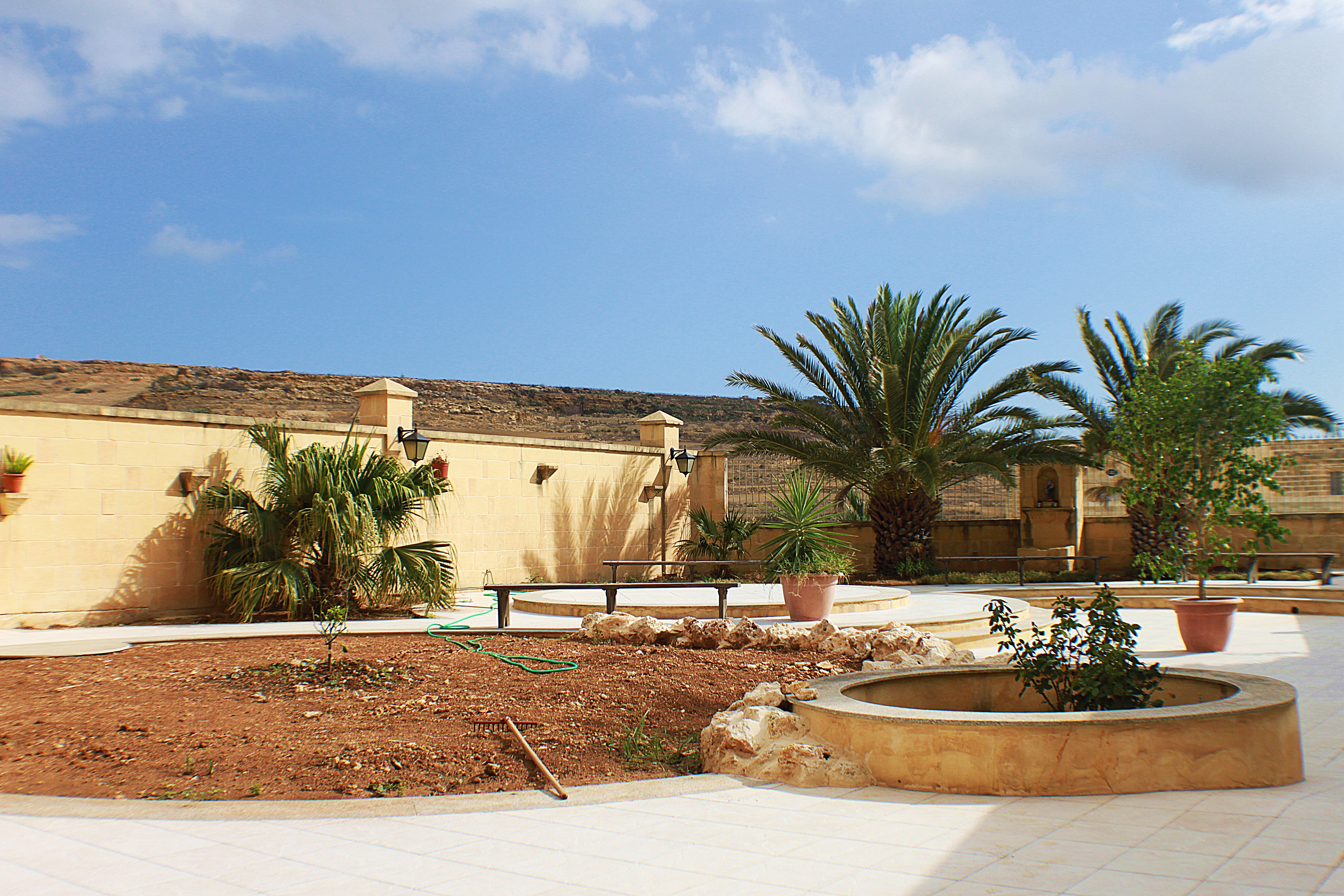Program Components
The OASI Addiction Treatment Program is client centred and is based on the Minnesota clinical treatment approach to the Twelve Steps of AA. Therapy and treatment may be delivered on an outpatient or residential basis, as indicated in the bio-psycho-social assessment carried out. The modality and duration of the program depends on the results of the assessments as well as the client’s health and needs, although in the majority of cases, the residential phase of treatment takes and average of 12 weeks.
Residential Therapy and Treatment
The twelve week residential treatment period is based on the first 5 steps of AA, and though they may seem short, they are very intensive. The whole process begins with the understanding of the disease concept of addiction, denial, total abstinence, honesty and trust. It includes induction to the AA/NA fellowships. The therapy provided assists the clients:
- To gain physical, psychological and mental strength
- to persistently explore within their self: Mind, Body & Spirit a motivation to live
- to gradually conquer a mature & healthy life style in all their being
- to humbly share their experience with others to confirm their own recovery
- to constantly pass on the message of hope to others still seeking serenity.
Admission
The admission process starts when the client or person referring them first makes contact with the Foundation. Assessment forms are filled in during the first session in order to identify the services that are most applicable to a client’s particular needs. Other relevant documents, such as records of medical examinations by a family doctor, are also collected to ensure that OASI is able to provide tailored care to the individual.
Group Sessions
Group sessions take different formats and focus on different topics related to recovery and healthy living, such as Feelings, Recovery, Family Issues, Men’s & Women’s Issues, Creativity, Evaluations, etc
Individual Therapy
Individual sessions take place at regular intervals during the week. The number of sessions may vary according to the needs of the client. These sessions are held between the individual client and the professional responsible for the client’s treatment process.
Talks and Lectures
Talks and lectures are delivered on a particular topic related to addiction, denial and the recovery process. Discussion is encouraged during these activities. This takes about half an hour.
Due to this, clients can apply what they learn to their personal life and will therefore have clear guidelines on how to lead a decent, healthy life that is free of harmful chemical substances and behaviours.
Physical Wellbeing
Detox
Our treatment facility does not provide the service of acute detoxification, which generally does not take more than 4 to 5 days. However, we do coordinate with other entities who provide this service. We also offer medical and psychological assistance during the post-acute withdrawal phase. Our doctors and nurses are professionally trained in the practice of this medicine.
Yoga Sessions
The Yoga instructors are well trained to provide the gentle stretching and relation exercises to assist our clients through the detoxification process on to the recovery process. Apart from the fact that Yoga methods are used all over the world in this kind of organisation, we encourage the continuation of these kinds of practices also through the aftercare.
Walks
Our clients go for a 45 minute walk in the countryside every day. This serves to awaken them to be able to face a new day’s work, engage them in physical exercise which is healthy for both mind and body, keep them fit and active, help them to release tension and energy, and give them clients a chance to communicate more with each other and to share their thoughts and feelings whilst walking.
Outings
Clients are taken out for long walks in the countryside, swimming, for coffee/hot drink/juice in a local cafes.
Meals
Food is one of the rituals (objects/matters) mostly abused and ignored during active addiction. Developing healthy eating patterns is one of our main goals in treatment as this is one of the fundamental factors of healthy living. We make every effort to encourage our clients to adopt a healthy and balanced diet. The food given is chosen to provide the supplements needed in early recovery. Food is prepared by the residents themselves under supervision of qualified staff. The process of food preparation also provides training for independent living.
Chores
The home is run by the clients themselves under the direct and continuous supervision and assistance of staff. Tasks assigned help clients bond through communal living and also contributes greatly to the acquisition of personal skills.
Outpatient Therapy and Treatment
Assessment
Assessments are carried out with all persons who seek OASI’s help. When the results indicate that they have a mild or early problem with addiction and have healthy family support, treatment in the community is generally found to be the best way to address these issues. This approach is also used with youths under 18 years of age. Regular counselling sessions are arranged through appointments that do not interfere with the client’s normal school, family or work schedule.
Individual Therapy Sessions
Awareness
Individual sessions help our beneficiaries to become more aware of their issues and how they can deal with them in a healthier manner.
Support
Sessions focus on encouraging clients to become more aware of their needs, minimizing harm caused by chemical abuse, and helping clients to commit themselves to the most suitable programs which can address their particular needs.
Motivation
Sessions focus on motivating clients to engage in a suitable program, according to their needs.
Family Meetings
Where necessary, sessions are held with clients and their family members or significant others to aid them to address conflicts, identify each others’ needs and find a way to rebuild relationships to the benefit of all involved.
Outpatient Program
Some clients may benefit from doing an outpatient program instead of a residential one. Such programs are based on the same principles and cover much of the same material as a residential program, however they are carried out through regular sessions while the client continues to live in the community. These sessions serve to support, motivate and encourage clients to become aware of and focus on their needs, to learn and practice the principles of the 12 Steps, enhance their awareness of chemical dependency and patterns of addiction, identify triggers leading to relapse and adopt skills to prevent it, identify the need for total abstinence and ways of putting it into practice, and to encourage clients to become active members of a self-help group.
Group Sessions
Outpatient clients in certain phases of the program are required to attend groups sessions with residential clients. This is of benefit to both groups, as they can learn from each others’ experiences.
Self-Help Groups
All clients are encouraged to attend self-help groups, such as AA or NA. These groups offer their members the opportunity to continue learning from their peers, be supported by them during difficult times, and ultimately give back by helping others who may not be as far along on their road to recovery.
Aftercare
After finishing residential or outpatient programs, clients receive aftercare services, which aim to support them in their recovery process, through continued practice of the 12 Steps principles and self-awareness, to aid them in developing a support system to enhance their recovery process, to continue helping them to identify triggers leading to relapse and putting in practice skills to prevent it, and to continue encouraging and assisting clients to be active members of a self-help group and to establish and maintain a healthy life style, while also assisting them in difficulties that may arise due to life situations that may jeopardize recovery.

